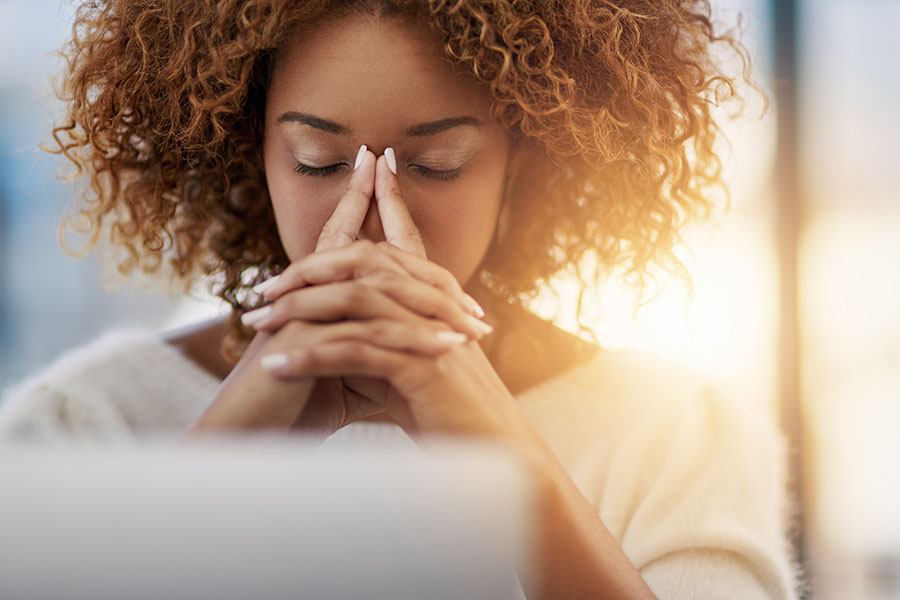
The impact of COVID-19 on alcohol consumption in Australia
COVID-19 and the resulting global lockdown and isolation has taken its toll on Australian families in so many ways. We have conducted some research from several sources in relation to COVID-19 and alcohol consumption, and in this blog we are going to break it all down and discuss ways to help you pull yourself out of the alcohol trap you may have become stuck in since COVID-19 hit.
In an April 2020 study conducted by the Foundation for Alcohol Research and Education (FARE) it has been found that 20 percent of Australian households reported buying more alcohol than usual since the COVID-19 outbreak in Australia. In these households since the COVID-19 breakout, 70 percent report drinking more alcohol than usual, 32 percent are concerned with the amount of alcohol either they or someone in their household is drinking and over a third say they are now drinking alcohol daily.
We are so aware of the fact that alcohol is used as an aid to cope in stressful situations, so it comes as no surprise that 28 percent of people reported drinking alcohol to cope with anxiety and stress and that 28 percent have been drinking alcohol on their own more often. It is also no surprise that 24 percent have ended up drinking more than they thought they would have with 20 percent having started drinking alcohol earlier in the day.
The data from the FARE study is mirrored with online stockbroking firm Commsec sales data reporting spending at liquor stores was up 86 per cent compared to the previous year.
According to an article published on the Alcohol and Drug Foundation website, ‘Mass trauma & alcohol use’, events involving mass trauma such as terrorism, mass shootings, natural disasters like hurricanes, and economic events such as the 2008 global financial crisis, an overall increase in alcohol use was recorded.
Additional to these types of massive events that can affect whole populations, individual stressors such as the death of a loved one, a relationship breakdown, job loss and financial strain can also lead to an increase in a person’s alcohol consumption. And people who already have a problematic relationship with alcohol, or even did at some point in the past, are even more vulnerable to using alcohol as a coping mechanism to deal with stress.
The Australian Psychological Society conducts a stress and wellbeing survey that includes questions about common stressors. The most recent survey in 2015 found the most common stressors were personal financial issues and health issues. This is extremely concerning for where we are right now, given that COVID-19 involves mass trauma compounded by numerous individual stressors.
Another extremely concerning factor is that women seem to be struggling more during the pandemic. According to an article on www.theconversation.com ‘Women are drinking more during the pandemic and it’s probably got a lot to do with their mental health’, international data shows women have been more likely to experience symptoms of loneliness, stress, anxiety and depression during the pandemic. The article states “Many studies have found more women drink alcohol to cope – with difficult emotions or stressful circumstances – as compared to men, who more often drink alcohol in social settings or as a reward.”
What happens after the pandemic in relation to rates of higher rates of problem alcohol use or dependence in women is unknown. However, what we do know is that drinking at unsafe levels increases the risk of alcohol addiction leading to physical and mental health complications.
So what can you do if you have found yourself trapped in the horrible cycle of Alcohol abuse? You need to find support today. Start by downloading our How to Change your Relationship with Alcohol Now guide, or sign up to Thrivalist today.


Post a comment